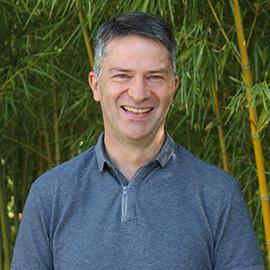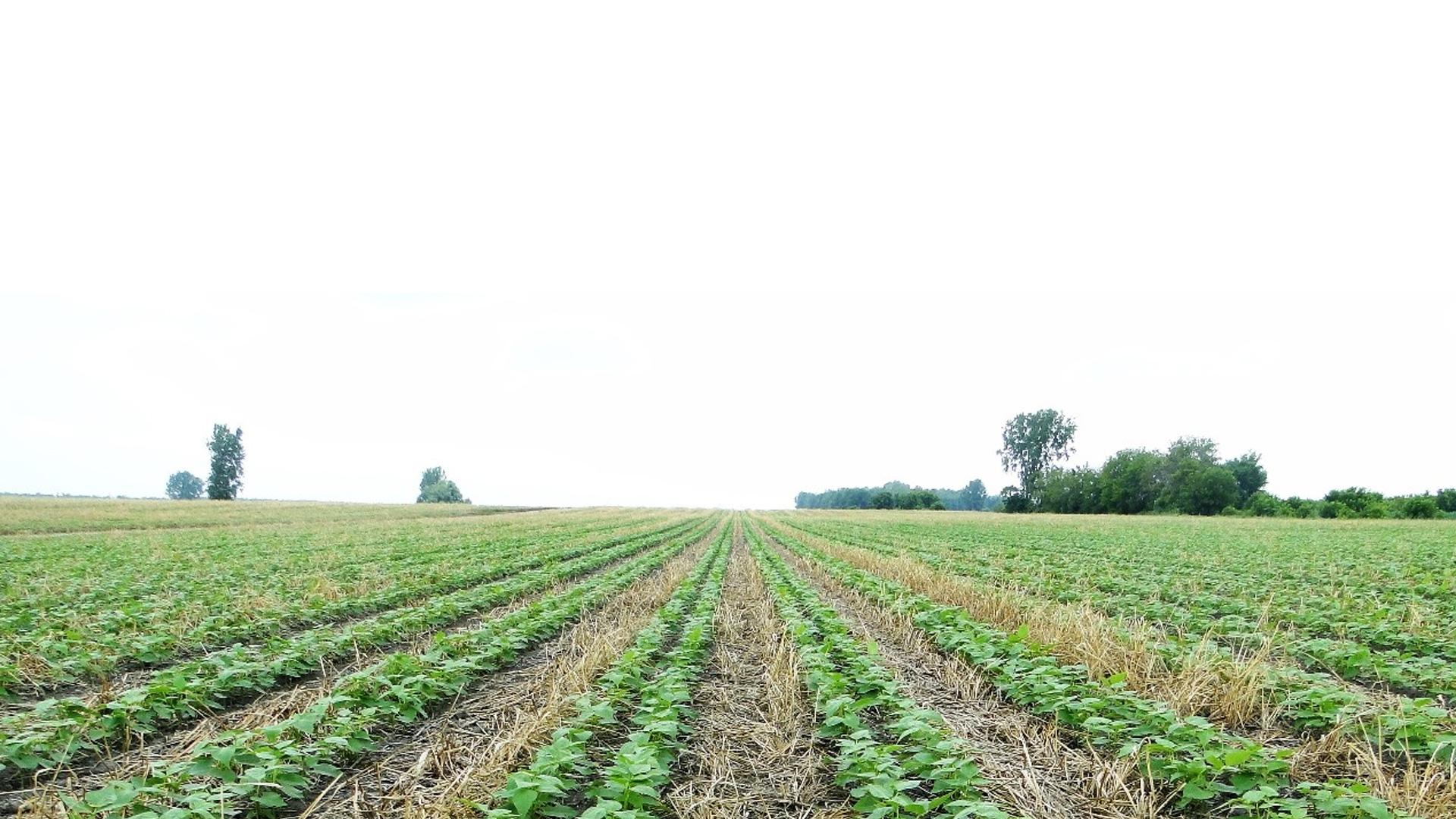Objectives
The general aim of the course is to apprehend agroecology through an interdisciplinary approach combining agronomy, ecology, social and economic sciences. In this objective, the players and the different dimensions of agroecology (scientific disciplines / social and political movements / sets of practices) are presented and the reference framework on which they are based is analyzed.
The objective is not to give a single definition of agroecology but rather to help the students to understand the multiple facets of this concept, to identify how it complies or contrasts with other conceptions of agriculture and to discuss its implications in terms of human x nature relationships and agricultural development.
- Reference of the course: Agroecology UE1 - Level: 300
- Admission
- Europe - 3d year of Bachelor’s degree/ 1st year of Master’s degree
- USA - Bachelor Junior students/ Bachelor senior students - Teaching language: English (min B1 level)
- Organization and credits: Full time 4-week-long course with lectures, tutorials, seminars, debates, field trips.. Successful completion of this course brings 7 ECTS credits
- Requirements: Basic knowledge of plant and animal biology, ecology and agronomy (in the broad sense).
- Grades: The final mark will be a weighted average between the individual examination and the evaluation of seminars and presentations carried out in groups during the course.
-
Course content
The teaching is organized around two main themes:
- an historical and scientific approach to understand how agroecology has emerged, has shifted the lines within various disciplines and at their interfaces, and has generated controversies
- an analysis of the diversity of actors and of experiences of agroecology, based on field trips and direct interactions with a variety of stakeholders.
A large importance is given to reflective analysis, comparative analysis and discussion to allow the students to understand the diversity of the agroecology approaches, identify their conceptual and ethical positioning and the modalities for their practical implementation in the field. The students contribute to the MOOC Agroecology which takes place annualy.
The course will combine lectures-seminars, tutorials, analyses of case studies, interviews and on-site visits. Students are required to:
- attend all classes, tutorials and seminars,
- participate actively to group work and discussions,
- develop self-learning,
- prepare and perform interviews,
- take a final examination.
Interdisciplinary Content
Nb of hours
Lectures
19
Conferences by professionnals and field trips
12-20
Tutorials and seminars
20
Self training
25-30
Facilitation of interactions between participants in the MOOC Agroecology
8
Final exam
3
Disciplines involved: Ecology, Anthropology, Sociology, Economy, Agronomy, Animal science, Soil science, Communication and IT
-
Books and other reading materials
No books have been ordered for this course. All required readings are available as downloads from the Montpellier SupAgro teaching platform. There is no formal reading packet for this course.
-
Partnerships
Research Units: Innovation, Cefe, Eco&Sols, System, Selmet, Agap, HortSys & Aida
Associations: Terre & humanisme, semeurs de jardins Civam...
Keywords: agroecology, pluridisciplinarity, controversy, human x nature relationship, agroecosystem, agricultural practices, complexity, critical sense
Contacts
-
-

Magali JOUVEN
Lecturer
- Department of Environment, Production, Resources and Systems
- UMR Mediterranean and Tropical Livestock Systems (SELMET)
- L'Institut Agro Montpellier - La Gaillarde Campus
Email : magali.jouven@supagro.fr
Phone : +33 (0)4 99 61 23 10
Phone : +33 (0)4 99 61 23 10
2nd phone : +33 (0)4 99 61 29 06
2nd phone : +33 (0)4 99 61 29 06
-
Director of Department of Environment, Production, Resources and Systems

Stéphane De TOURDONNET
Director of Department of Environment, Production, Resources and Systems
- Department of Environment, Production, Resources and Systems
- UMR Innovation and Development in Agriculture and the Agri-Food Sector (INNOVATION)
- Institut des régions chaudes (IRC)
Email : Stephane.De-Tourdonnet@supagro.fr
Phone : +33 (0)4 67 87 40 96
Phone : +33 (0)4 67 87 40 96
2nd phone : +33 (0)4 67 61 70 67
2nd phone : +33 (0)4 67 61 70 67
L'Institut Agro Montpellier
2 place Pierre Viala
34060 Montpellier - France
Tél. : +33 (0)4 99 61 22 00 Tél. : +33 (0)4 99 61 22 00
Fax : +33 (0)4 99 61 29 00
contact@supagro.fr




















